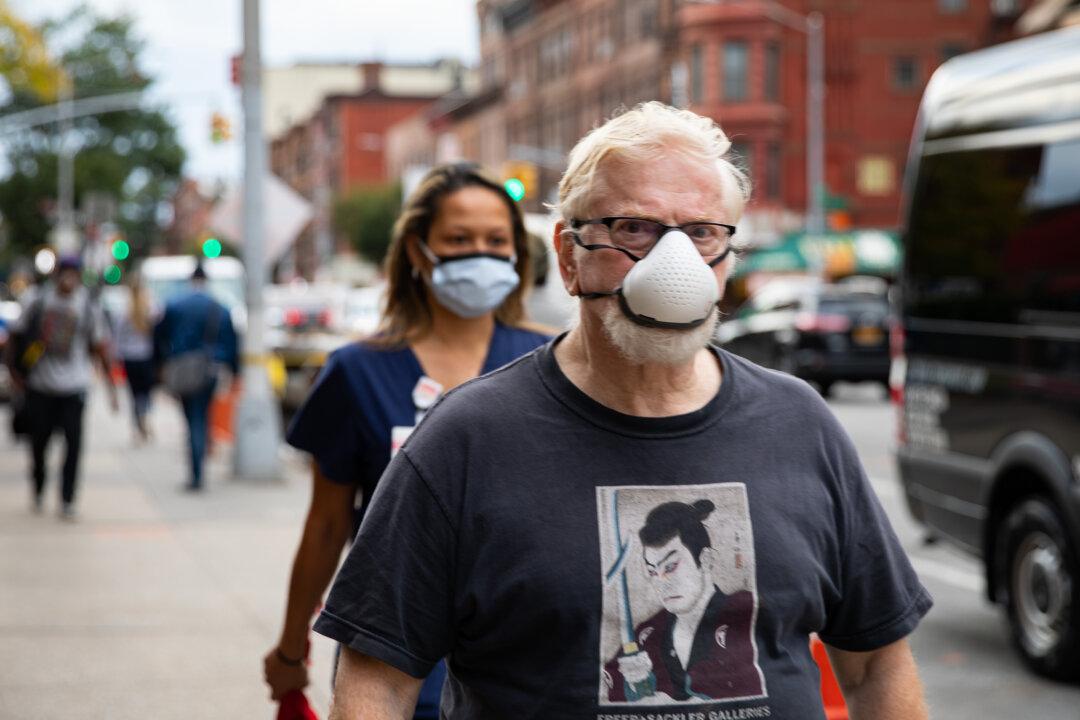California labor officials have slapped a Long Beach hotel with a hefty $4.8 million fine for failing to comply with a state law that mandates timely job offers to employees laid off during the COVID-19 pandemic.
The California Labor Commissioner’s Office (LCO) announced on Oct. 17 that it had levied the fine against the Hyatt Regency Long Beach hotel for violating the state’s Right to Recall law (SB 93), following an investigation prompted by complaints from disaffected workers.





